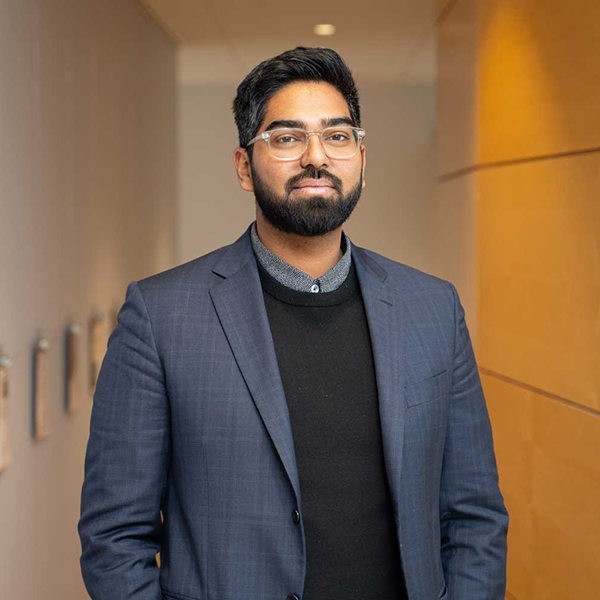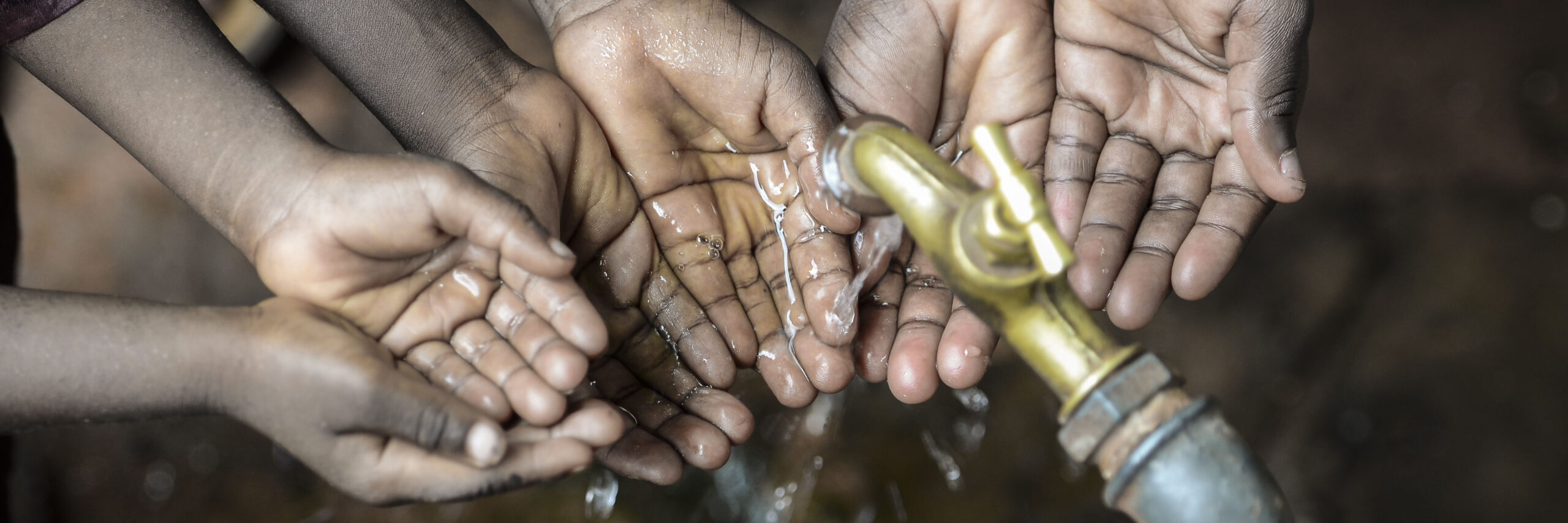Access to clean drinking water, sanitation and hygiene are critical to health and well-being, and yet an estimated two billion people globally still lack access to it. Researchers in the Humanitarian Water Engineering Lab at York University’s Dahdaleh Institute for Global Health Research are doing their part to address this crisis, and their efforts have been recognized with a major grant from Creating Hope in Conflict: A Humanitarian Grand Challenge (CHIC).

Valued at $300,000, the CHIC Transition to Scale Grant will provide transformational funding to accelerate the global scale-up of the York-developed Safe Water Optimization Tool (SWOT), an innovative water quality modelling platform that helps humanitarian responders ensure water safety and protect public health in crisis zones globally.
This free and open-source tool has been deployed in nine countries by seven different humanitarian organizations, as part of initiatives aiming to improve water safety for over half a million people. The new funding will support the development and piloting of the tool as a joint quality-assurance platform used by safe water programs in a selected country this year.
“This grant will enable the integration of the SWOT into the ways of working in the humanitarian sector,” says Syed Imran Ali, an adjunct professor at York’s Lassonde School of Engineering and research fellow at the Dahdaleh Institute who leads the Humanitarian Water Engineering Lab. “We are excited to work with local implementing and global co-ordination partners to demonstrate how the SWOT can help ensure safe water program effectiveness and protect public health in crisis zones globally. We are incredibly grateful to Creating Hope in Conflict: A Humanitarian Grand Challenge for their amazing support in the past, and now with this grant.”

Fawad Akbari, director of humanitarian innovation at Grand Challenges Canada, which oversees the implementation of CHIC, says, “The Safe Water Optimization Tool is a pre-eminent example of how innovation adoption in the humanitarian system can directly and efficiently save and improve lives. We are proud to continue to support this initiative and are looking forward to nurturing this next stage of collaboration.”
The SWOT was developed by a team of researchers and humanitarian practitioners at the Dahdaleh Institute and Lassonde, including Ali; Lassonde Associate Professor Usman Khan; Professor James Orbinski; and Lassonde PhD candidate Michael De Santi; with collaboration from Dahdaleh Institute research staff James E. Brown, Mohamed Moselhy and Ngqabutho Zondo.
Creating Hope in Conflict: A Humanitarian Grand Challenge is a partnership of the U.S. Agency for International Development, the U.K. Foreign, Commonwealth & Development Office, the Ministry of Foreign Affairs of the Netherlands and Global Affairs Canada, with support from Grand Challenges Canada. CHIC seeks to enable local organizations, humanitarian agencies, and the private sector to work alongside affected communities to respond more nimbly to complex emergencies, address the unprecedented magnitude of suffering around the world and empower people to create better lives for themselves. This challenge seeks to fund and accelerate innovative solutions that enable life-improving assistance to reach the most vulnerable and hardest-to-reach people in conflict-generated humanitarian crises.
To learn more about the Safe Water Optimization Tool, read YFile‘s recent story or visit safeh2o.app. To learn more about Creating Hope in Conflict: a Humanitarian Grand Challenge, visit humanitariangrandchallenge.org.


